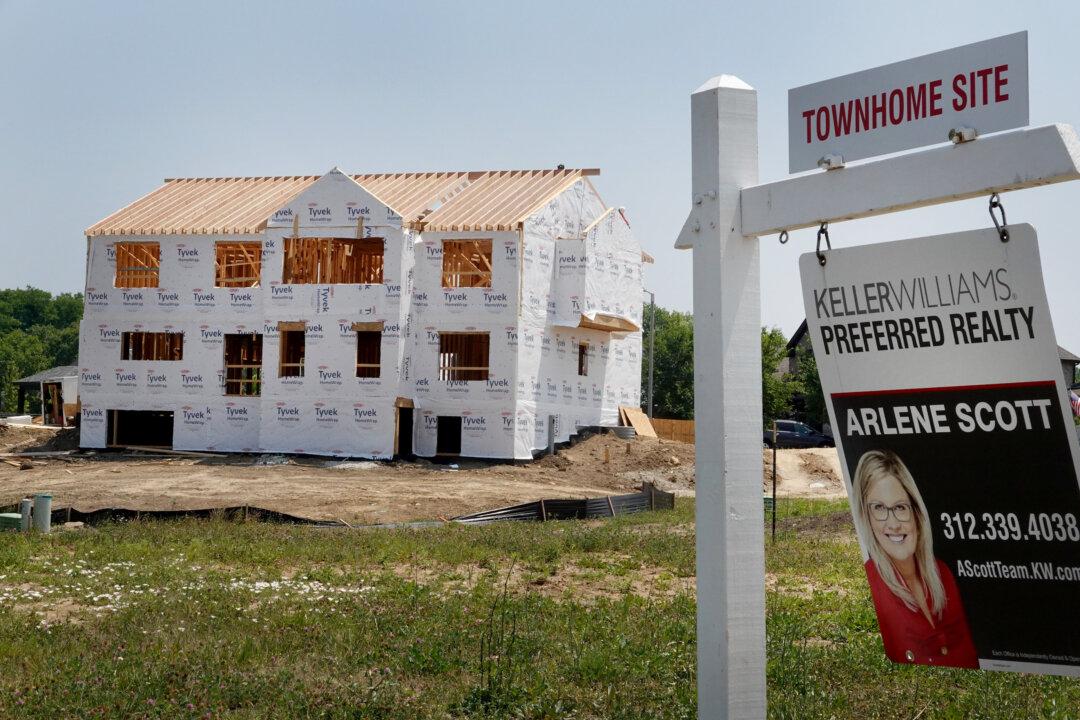The head of Ginnie Mae, a federal corporation that helps people get home mortgages, touted her organization’s commitment to Environmental, Social, and Corporate Governance (ESG).
Appearing at the Bipartisan Policy Center in Washington on Aug. 8, Alanna McCargo, stated that ESG should not be a hot-button issue.





